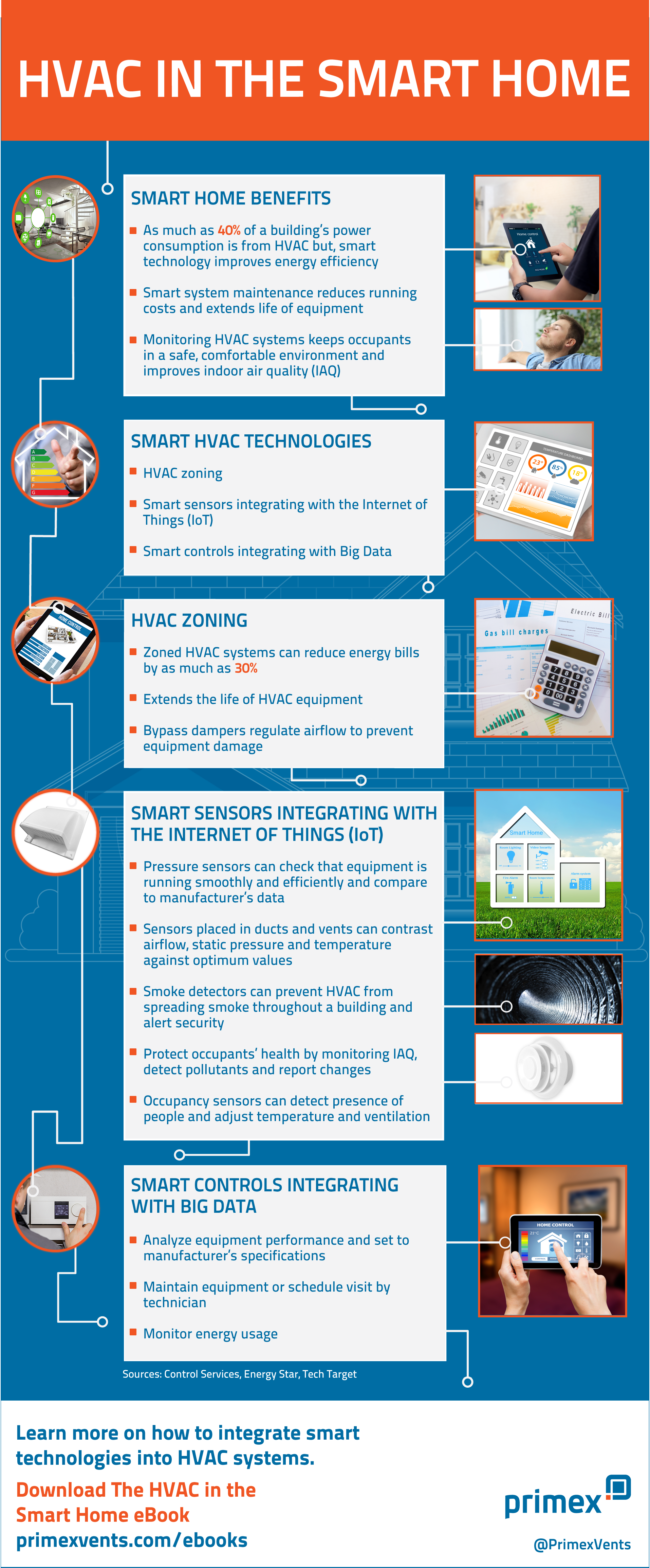The Future Of Home Heating - Just How Heat Pump Innovation Is Advancing
The Future Of Home Heating - Just How Heat Pump Innovation Is Advancing
Blog Article
Article Writer-Baker MacGregor
Heatpump will certainly be a vital innovation for decarbonising home heating. In a circumstance regular with governments' revealed power and climate commitments, their international capacity doubles by 2030, while their share in heating rises to one-quarter.
They work best in well-insulated homes and rely upon electrical energy, which can be supplied from an eco-friendly power grid. Technological advancements are making them more efficient, smarter and less expensive.
Gas Cells
Heatpump utilize a compressor, cooling agent, coils and followers to move the air and warm in homes and devices. They can be powered by solar energy or electrical energy from the grid. https://www.cnet.com/how-to/five-ways-to-keep-your-house-cool-this-summer/ have actually been gaining appeal due to their low cost, peaceful operation and the capacity to generate electrical energy throughout peak power demand.
Some firms, like IdaTech and BG MicroGen, are dealing with gas cells for home heating. These microgenerators can change a gas central heating boiler and generate several of a house's electrical requirements with a link to the electrical energy grid for the remainder.
Yet there are factors to be doubtful of using hydrogen for home heating, Rosenow states. It would certainly be expensive and inefficient contrasted to various other innovations, and it would certainly add to carbon emissions.
Smart and Connected Technologies
Smart home modern technology allows property owners to connect and regulate their tools from another location with the use of smartphone applications. For example, wise thermostats can learn your heating preferences and instantly get used to optimize energy usage. Smart illumination systems can be regulated with voice commands and automatically shut off lights when you leave the room, minimizing power waste. And wise plugs can keep track of and handle your electrical usage, allowing you to determine and restrict energy-hungry appliances.
The tech-savvy family shown in Carina's interview is an excellent image of how owners reconfigure room heating techniques in the light of new clever home innovations. They depend on the tools' automated attributes to accomplish everyday changes and regard them as a convenient methods of conducting their home heating practices. Because of this, they see no factor to adapt their practices additionally in order to allow versatility in their home energy demand, and interventions targeting at doing so might encounter resistance from these households.
Electrical energy
Given that heating up homes make up 13% people exhausts, a button to cleaner options could make a big difference. However the technology deals with obstacles: It's expensive and needs substantial home renovations. And it's not constantly compatible with renewable resource sources, such as solar and wind.
Until recently, electric heat pumps were also pricey to compete with gas designs in a lot of markets. But new advancements in style and products are making them much more inexpensive. And much better cold environment performance is allowing them to work well also in subzero temperatures.
Related Web Page in decarbonising heating may be making use of heat networks, which attract heat from a main resource, such as a nearby river or sea inlet, and distribute it to a network of homes or structures. That would decrease carbon discharges and permit families to take advantage of renewable resource, such as environment-friendly electricity from a grid supplied by renewables. This choice would certainly be less costly than switching to hydrogen, a nonrenewable fuel source that calls for brand-new framework and would only decrease CO2 emissions by 5 percent if coupled with enhanced home insulation.
Renewable Energy
As power rates go down, we're beginning to see the same trend in home heating that has driven electric cars and trucks into the mainstream-- yet at an also quicker pace. The solid climate situation for electrifying homes has actually been pushed additionally by brand-new research.
Renewables account for a significant share of modern-day warm consumption, yet have actually been offered limited policy attention worldwide contrasted to various other end-use sectors-- and even less attention than electrical energy has. Partly, this shows a mix of consumer inertia, split incentives and, in several nations, aids for fossil fuels.
New modern technologies could make the shift less complicated. For instance, heatpump can be made more power effective by changing old R-22 cooling agents with new ones that do not have the high GWPs of their predecessors. Some specialists additionally picture district systems that attract warmth from a nearby river or sea inlet, like a Norwegian fjord. The warm water can then be utilized for heating & cooling in a community.